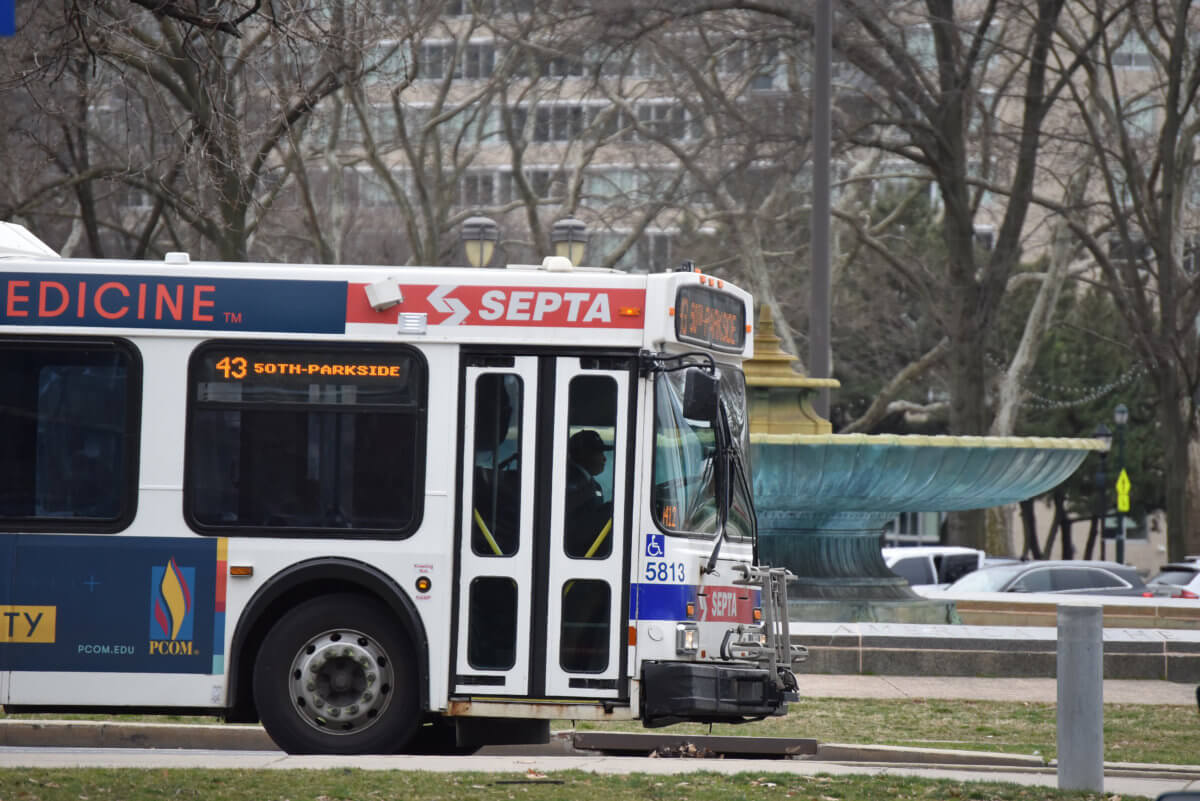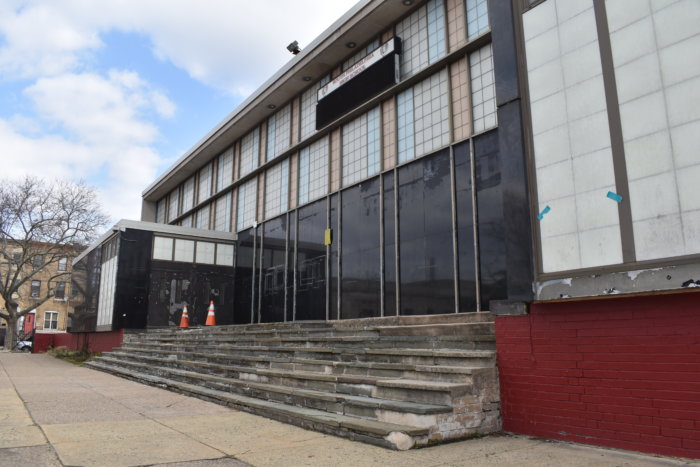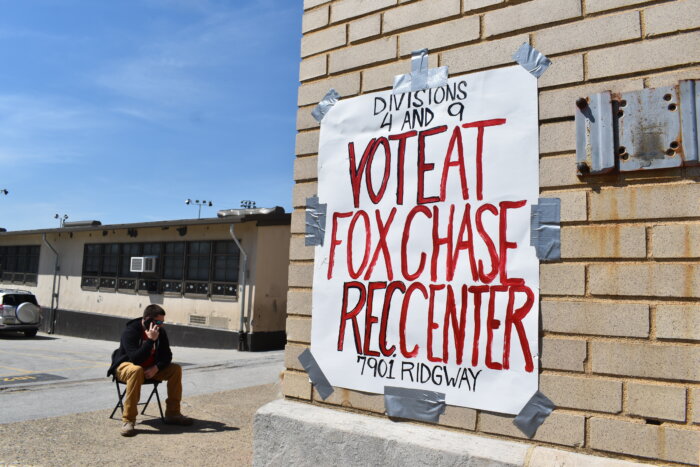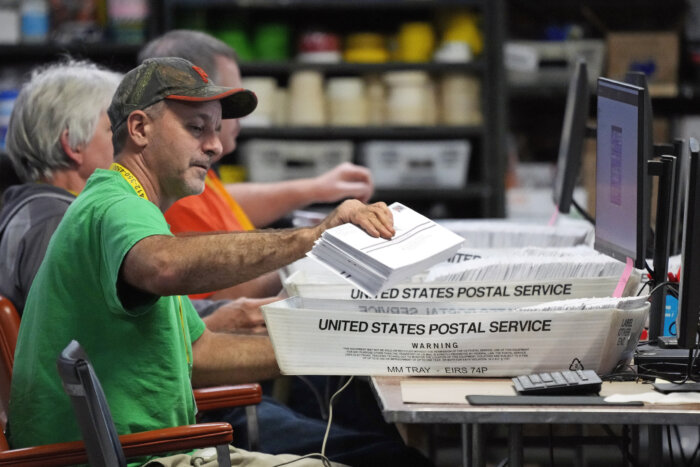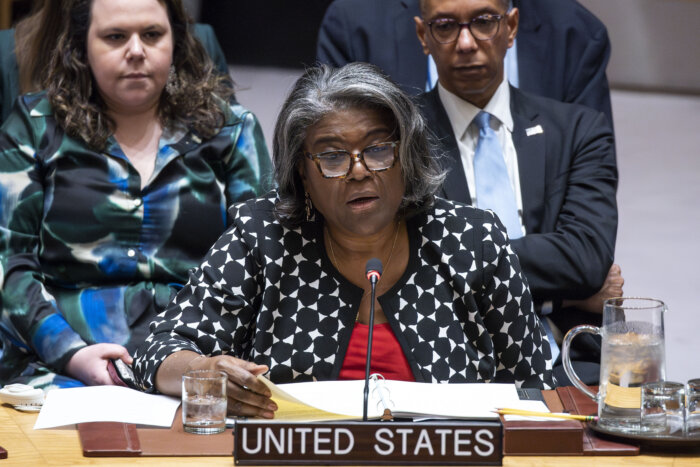Concerns over the safety of SEPTA workers has led to fears union leaders will orchestrate a walk-out this week.
Willie Brown, president of Transport Workers Union Local 234, which represents thousands of the agency’s employees, posted a 58-second video Monday night saying members would “take a job action” Thursday if SEPTA didn’t meet their demands related to coronavirus safety.
“SEPTA is turning a blind eye, a deaf ear to our concerns. So, stay tuned, watch the news,” Brown said in the clip, addressing workers. “You will come to work, but we will take a job action.”
“Be prepared,” Brown added. “Let’s get unified, and let’s get ready to rumble.”
It’s unclear what Brown means by a job action, and Local 234 representatives could not be reached for comment Tuesday.
A job action, in labor terms, can be a slowdown, protest, strike or some other show of unity or dissent against an employer.
Just last week, during a virtual town hall with union members, Brown said a walk-out wouldn’t make sense and indicated SEPTA would be able to fire workers who leave their posts.
“I’m not going to take everybody out on an illegal strike because some people don’t want to work,” he said. “I’m not going to shut down and make the situation worse. We can’t do that.”
It’s uncertain if the situation between management and Local 234 has escalated since the April 15 town hall.
Managing Director Brian Abernathy used the term “strike” when asked about the issue at the city’s daily press briefing. Officials from Mayor Jim Kenney’s administration are involved in talks between the union and SEPTA, and Kenney said he is hopeful something can be worked out before the deadline.
“We’re making every contingency plan necessary should that strike occur to make sure that our healthcare workers and first responders can get to work and do what they need to do,” Abernathy said.
SEPTA said it has been working to create the safest possible environment for its employees and riders, and the agency indicated a walk-out would be unwelcome.
“These are challenging issues, and we are committed to continuing a dialogue with TWU Local 234 and all other unions representing SEPTA employees,” the agency said in a statement. “We would expect SEPTA employees will continue to deliver service that is connecting residents to essential jobs, hospitals, grocery stores and other life-sustaining services.”
Transportation workers and Local 234 have been raising concerns about SEPTA’s policies since COVID-19 came to Philadelphia. To date, 190 SEPTA employees have tested positive for the virus and four have died, according to SEPTA spokesman Andrew Busch.
Earlier this month, Brown accused SEPTA of not taking the virus seriously enough and claimed the agency was “putting profit before people.”
SEPTA has said it has taken a number of steps, including providing employees with personal protective equipment and enhanced cleaning of stations and workplaces, to stem the spread of the disease.
In addition, service has been cut dramatically, with about half of bus and trolley routes and six Regional Rail Lines completely out-of-service. SEPTA has also closed 18 stations on the Market-Frankford and Broad Street lines.
Passenger limits have also been put in place to enforce social distancing, and riders are now using the back door to board buses and trolleys.
Brown, in the online question-and-answer with union members, said he believes SEPTA workers deserve hazard pay, normally double an employee’s salary or time-and-a-half, and he brought up scheduling.
As it stands, bus drivers, he said, are working four days a week, instead of five, and maintenance employees haven’t had their schedules altered. Brown said he fought for members to have four days off a week.
Previously, he argued SEPTA should be checking employees for a fever as they arrive for work each day, which would reflect a recent order by Gov. Tom Wolf instructing essential businesses to do just that for workers.
Busch said SEPTA is not taking employees’ temperatures as of now but is looking into ways they could potentially do it in the future. State officials told SEPTA they are not in violation of Wolf’s order, he added.
Brown said in the town hall that he didn’t think a walk-out would accomplish much, but Local 234 has not been shy to strike in the past. The union has gone on strike 10 times since 1977.



